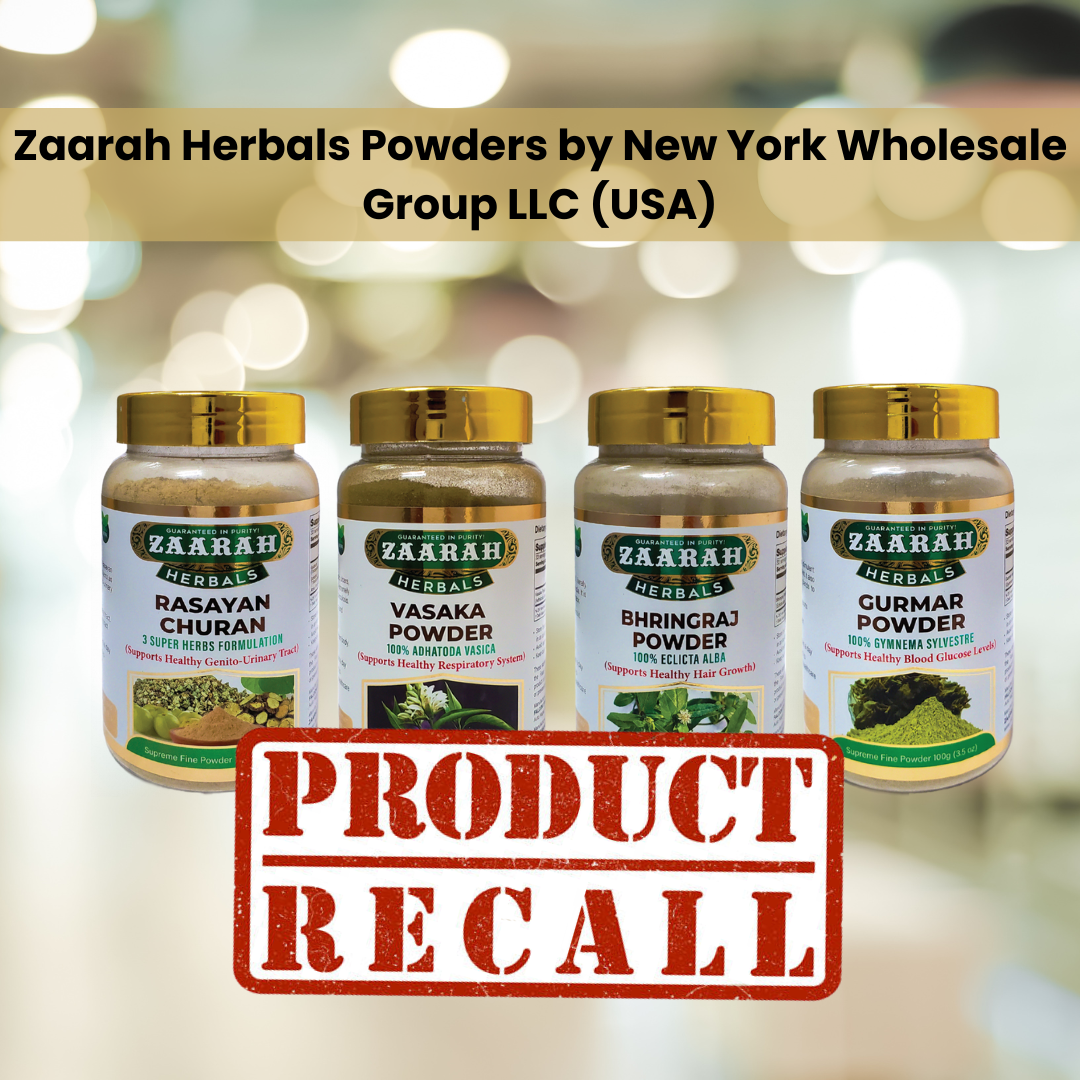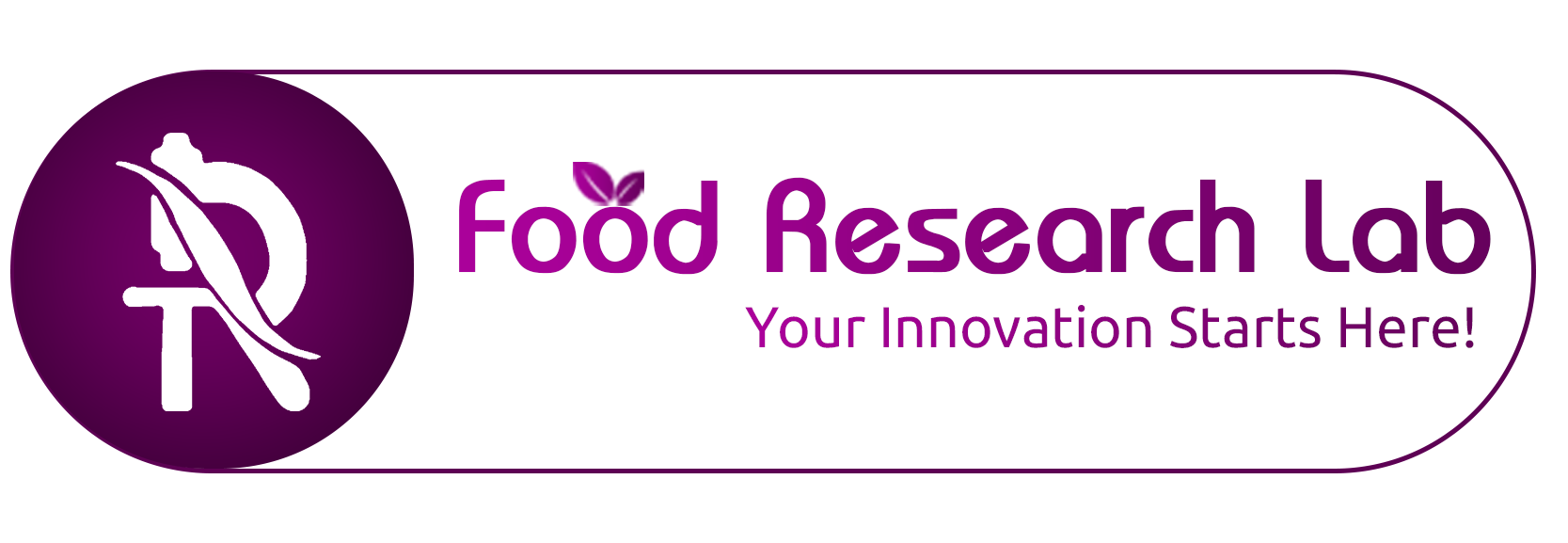Issue Identified
The permissible levels of lead and arsenic in dietary supplements established by the FDA were 10 ppm for lead and 3 ppm for arsenic. Testing did reflect levels between 35 ppm for lead and 9 ppm for arsenic in some batches, far exceeding safety standards permitted by the federal jurisdiction.
Such concentrations are regarded as acutely toxic to:
- Pregnant women and children
- People with pre-existing liver or kidney diseases
- Long-term users of herbal or Ayurvedic medicines






